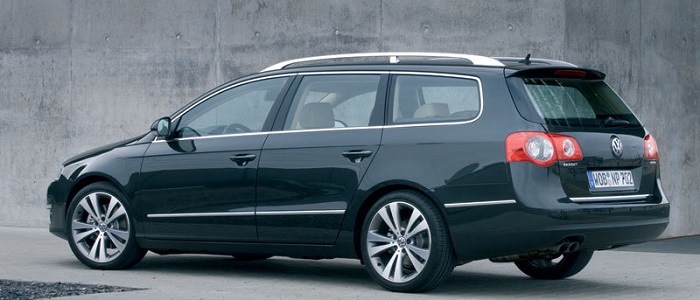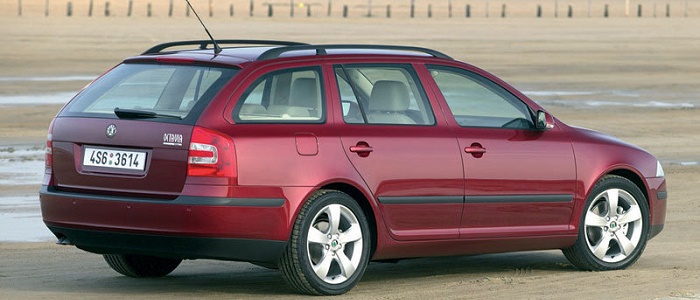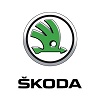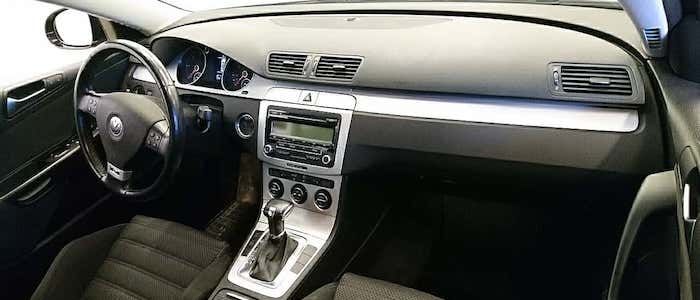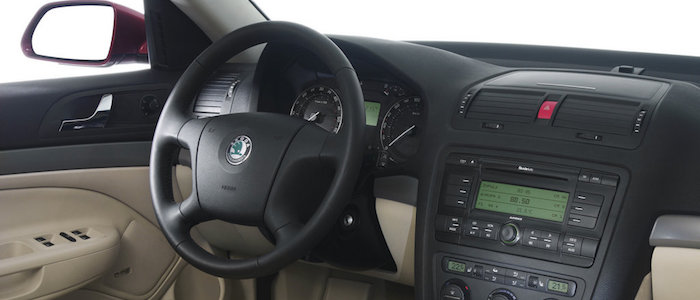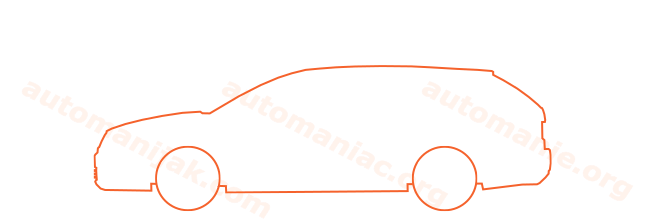Compare two cars
Compare any two cars and get our Virtual Adviser™ opinion
Marketing
Dimensons & Outlines
Engine
Performance (manual gearbox)
Performance (automatic gearbox)
Expenses
Virtual Adviser's™ opinion
Two significantly similar cars, no doubt about that. Still, each one has something different to offer. Having both cars powered by petrol engines and utilizing the 5-door wagon body style within the same 'Large family car' segment, the only major difference here really is their wheel drive configuration (4 x 4 for the Volkswagen and front in the case of the Škoda). Both the engines are Volkswagen-engineered . The first one has a 6-cylinder, 24-valves 300hp unit, while the other one gets its power and torque from a 4-cylinder, 16-valves 200hp one.
SafetyThe first thing to look into here would be the results from European New Car Assessment Programme (Euro NCAP) tests performed on the two cars. Good thing is that both vehicles got tested, with the Volkswagen being a slightly better choice apparently. Moving further on, let's take a closer look at some additional safety-related facts. Both vehicles belong to the large family car segment, which is generally a good thing safety-wise, but it doesn't do much to help us decide between the two. Furthermore, if we'd like to consider vehicle mass in this context too, which we definitely should, the German car offers a considerable difference of 22% more metal.
ReliabilityManufacturers have been building their reliability reputation for decades now and, generally speaking, it appears that Škoda does have a slight advantage, at least on all of the models level. These are the official statistics, while our visitors describe reliability of Volkswagen with an average rating of 4.2, and models under the Škoda badge with 4.3 out of 5. Some independent research have also placed Passat as average reliability-wise, and Octavia is more or less at the same level.Above it all, drivers of cars with the same engine as the German car rank it on average as 4.7, while the one under the competitor's bonnet gets 4.4 out of 5.
Performance & Fuel economyVolkswagen is undoubtly more agile, reaching 100km/h in 1.7 seconds less than its competitor. In addition to that it accelerates all the way to 250 kilometers per hour, 12km/h more than the other car. When it comes to fuel economy an obvious choice would be the Czech car, averaging around 7.8 liters of fuel per 100 kilometers (36 mpg), in combined cycle. That's 27% difference compared to the German car!
Verdict
Volkswagen appears just a bit more reliable, although the difference is truly marginal. The most important thing when deciding between any two vehicles should always be safety, both passive and active. In my opinion, everything taken into account, the German car beats the other contender by far, making it the best choice without even considering other things. It all continues in the same direction, with Volkswagen being considerably quicker, thus putting more smile on driver's face. It does come at a cost though, and that's the fuel consumption... At the end, as much as I'd like to give you a winner here, it's simply a pure tie if you ask me. Anyway, that's the most objective conclusion I could've came up with and it's based solely on the information found on this website. Aspects such as design, practicality, brand value and driving experience are there for you to measure them out. I suggest you spend two more minutes in order to find out which car, based on your needs and budget, would be picked by the virtual adviser™, among thousands of similar, yet so different vehicles.























